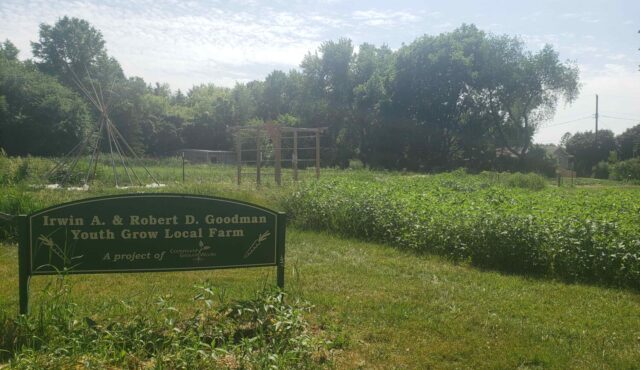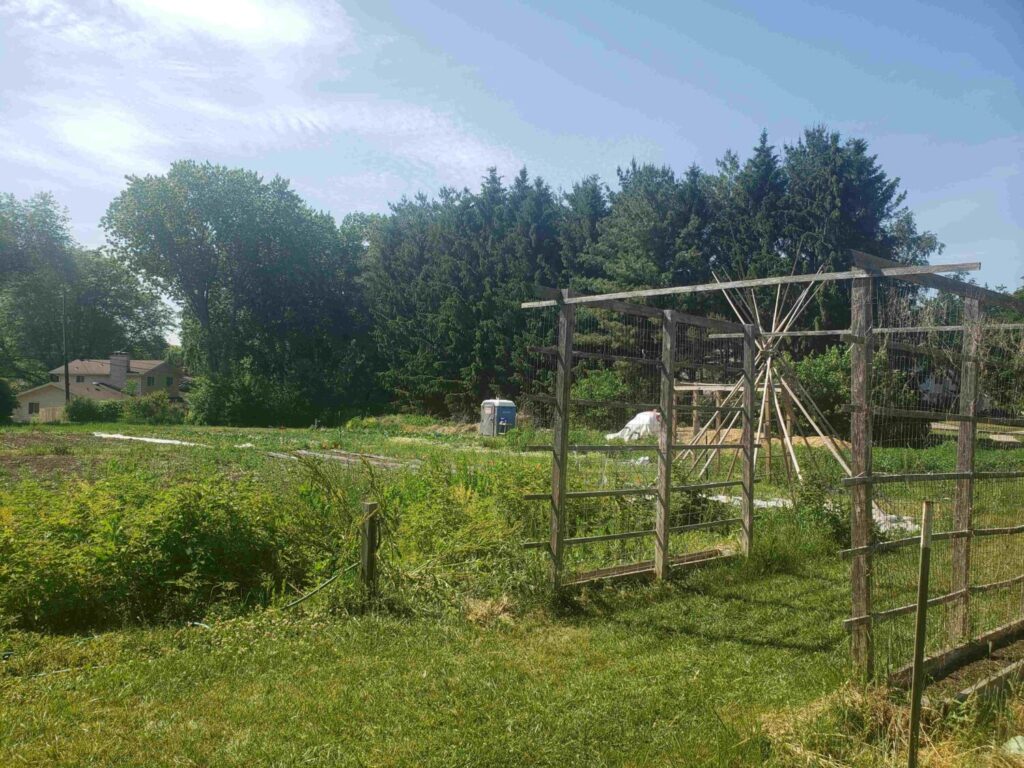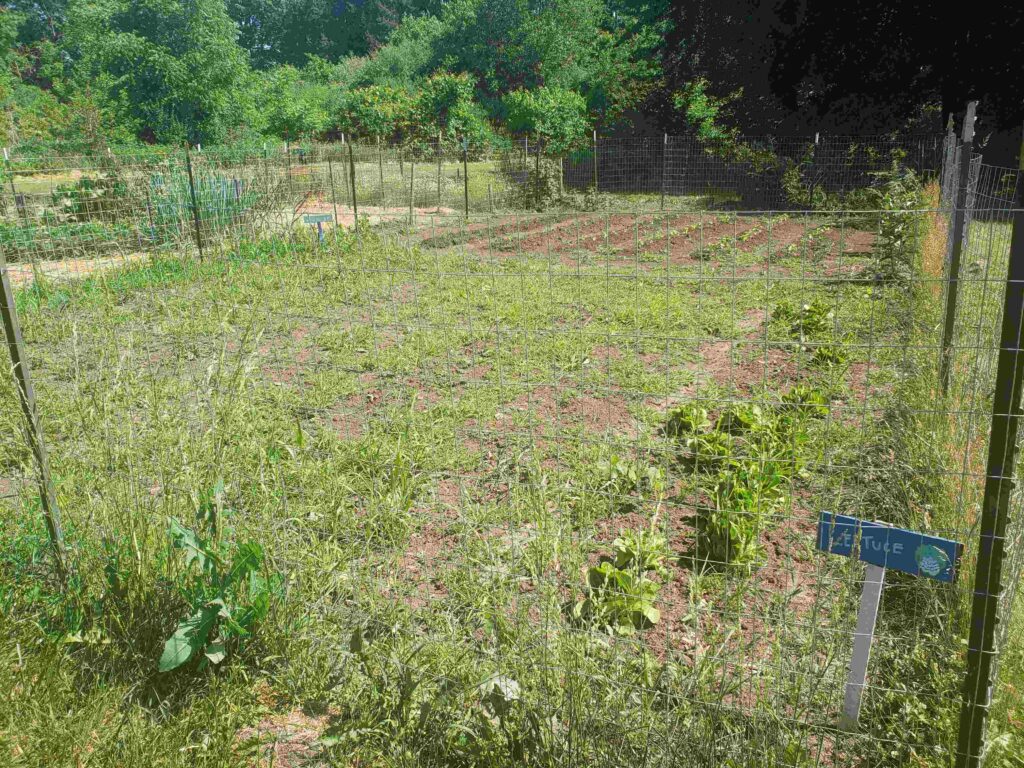
Lunches in Madison school meals could include food grown by students themselves with the help of Rooted in collaboration with MMSD and a grant from Willy St. Co-op. The co-op gave Rooted a $2,500 grant as part of their Community Reinvestment Fund, and the money went to support efforts to grow lettuce and herbs as part of a pilot program at the Goodman Youth Farm.
Food knowledge is an incredibly valuable source for living a healthy life and being a smart consumer. Erica Krug, director of youth garden support at Rooted, knew that implementing this program in local schools could start to build those skills early. After hearing a call from the MMSD director of food and nutrition for more local food in schools, Krug knew the bridge between Rooted and MMSD could be built.
“We ultimately decided to go with lettuce,” Krug told Madison365. “With help from the AmeriCorps members, we started lettuce in mid-March in second and third-grade classrooms. Second-grade classrooms at Schenk Elementary School, and third-grade classrooms at Mendota Community School. The students got to plant the seeds and then care for them and water them for a few weeks. In mid-April, I brought the lettuce here and we transplanted it here to the youth farm site.”
Money for supplies came from Willy St. Co-op coming up on 50 years of being in business and over 30 years of the Community Reinvestment Fund that helped turn the pilot program lettuce from an idea into food for students. Kristina Kuhaupt, customer experience manager at Willy St. Co-op, spoke about how the fund has been able to grow over the years and the impact it has had.
“This year, we’ve given $55,000 to 21 organizations across Dane County,” said Kuhaupt. “This grant program started in 1992, and in those 30-plus years, it started off humbly but overall it’s been $555,000 over those 30 years. We focus on food justice, and access, sustainable agriculture, health and wellbeing, and social change.”
Willy St. Co-op’s focus on supporting local organizations helps towards that goal of food justice, along with other things done at the store to provide help such as the Double Dollars and CHIP programs. Krug also spoke to the importance of addressing student’s nutrition needs in school, and how more likely kids are to engage with their diet when they are involved with growing the produce.
“A lot of students in the Madison School District are dealing with food insecurity. I think that school meals and school gardens can play a huge role in helping to level that playing field in giving students access to fresh fruits and vegetables,” said Krug, noting that not every school has the staff or capacity for these programs.

 “If we can continue to grow this program and grow more food here, then students at every school will have access to it. Hopefully, we can grow the capacity through our work to be able to support more schools to have gardens. Giving students that experience of growing the food and knowing where their food comes from is really powerful.”
“If we can continue to grow this program and grow more food here, then students at every school will have access to it. Hopefully, we can grow the capacity through our work to be able to support more schools to have gardens. Giving students that experience of growing the food and knowing where their food comes from is really powerful.”
That food knowledge certainly has a deep impact on food practices communally and food practices carried into adulthood. Kuhaupt spoke to the importance of community investment into food production and supporting local agriculture, especially through those who become owners in the co-op and allow their fees to be donated.
“For us, it’s not a fee, you’re literally investing that money into us so that we can go out and do good for the community as well as pay farmers, producers, and our makers a living wage,” Kuhaput assured. “Over time, that is your money. If you leave the Co-op, you have a choice of getting it back to you with a $2 administration fee, but a lot of people donate it quite frankly.”
With 350 heads of lettuce harvested and served in school lunches already as part of the pilot program, the potential for better lunches and better food education is clear. Hopes are high that this success is just the foundation for continued growth and development to get local, fresh produce to community schools and children.
“What we’re trying to do is expand on this space,” said Krug. “Which is actually owned by the Madison School District, supported by the Goodman Foundation, and staffed by Rooted. We would really love to expand on this and grow more food here and have even more educational field trips here, so that’s our goal.”
To learn more about Rooted and their program at Goodman Youth Farm, visit their website here.



























